You’ve created the little garden of your dreams and are now looking for the best tips to ensure the good health of your vegetable plants. We’ve created the perfect blog to help you take care of your garden and crops with peace of mind. So without further ado, let’s dive into this log and learn more about the subject at hand.
1. Preserve the ecosystem
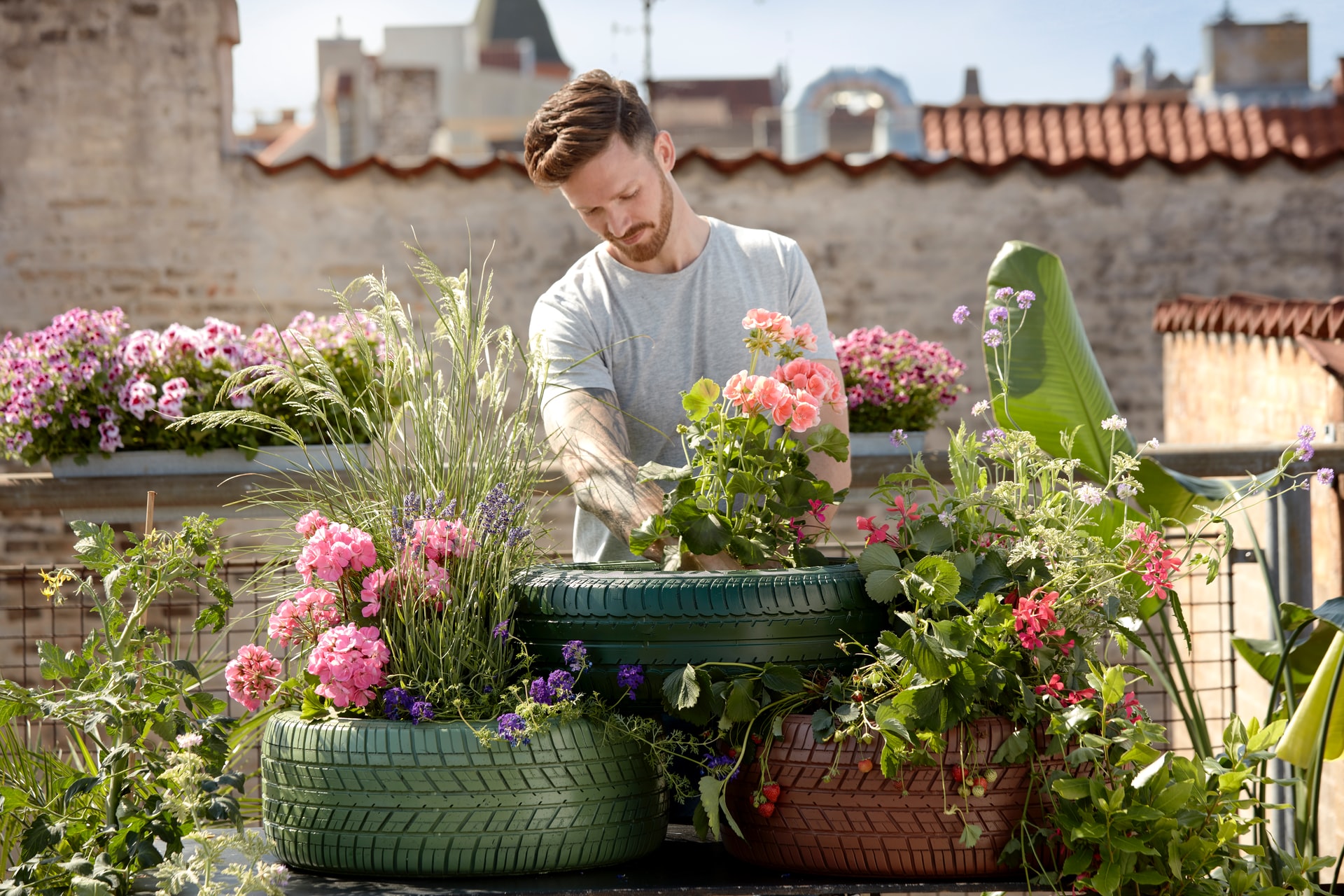
Taking care of the earth is one of the fundamental principles of permaculture that has revolutionized our approach to gardening. Of course, it is a question of common sense. However, the earth in our gardens has too often been neglected, abused and even poisoned by aggressive practices. Pesticides, weed killers, chemical fertilizers, and deep ploughing end up taking away all life from these soils, considered simple supports for cultivation.
However, fertile soil breathes, drinks, eats and works. It is naturally teeming with micro-organisms (ten billion in a shovelful) that cohabit and interact with the plants. Therefore, we must take care of our soil first, even before we pamper the plants it must feed.
2. Learn to listen to it
Your soil is compact, sticks to your finger and hardens in summer? No doubt about it, it is clayey. It is light, does not form a clump and dries quickly: it is sandy soil. It requires organic matter and even a lime amendment if it is too acidic. On the other hand, your soil is chalky, very dry in summer and muddy in winter: it is chalky. To improve it, add manure and compost.
Complete fertilization and organic amendments (manure, compost, humus) will be welcome. It is acidic soil if it is dark, easy to work with, and waterlogged. Improve the drainage and bring fertilizers rich in phosphorus (horn powder, natural phosphates) and potassium (wood ash, seaweed). To find out more, do a soil analysis to correct any deficiencies.
3. Understand its mechanisms
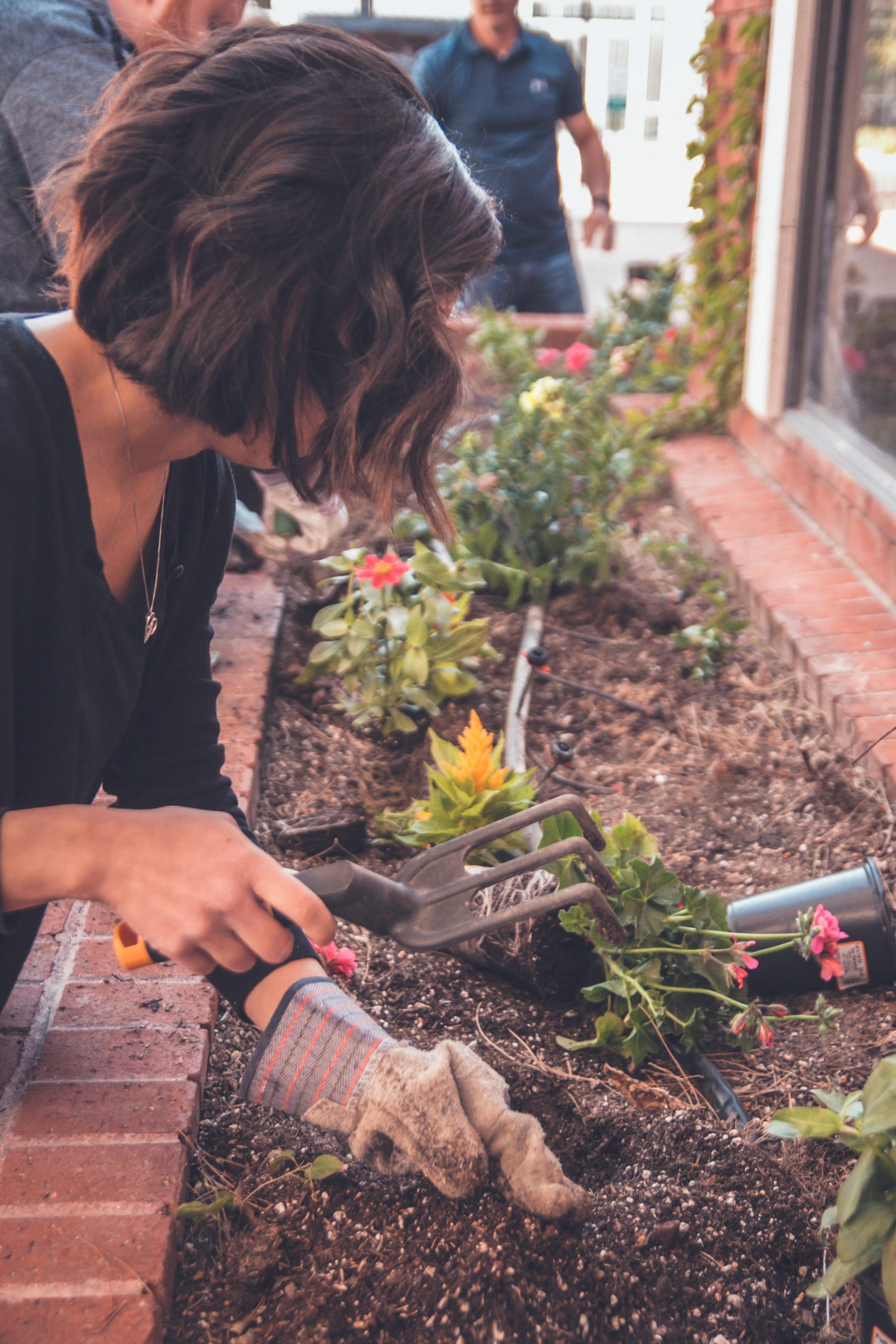
Bacteria in the soil fix nitrogen, which is essential for plant growth. Microscopic fungi help plants absorb water and nutrients. Finally, earthworms and other soil animals dig galleries that aerate and fertilize the soil. Hence the importance of adding organic matter to the surface, which will be buried by these little creatures. Thus, let the unharvested vegetables and their tops decompose on the spot in your vegetable garden. In this case, you will not need to use fertilizers on your vegetables since the soil has more than enough to feed them.
Finally, in order not to exhaust the soil unnecessarily and to avoid the appearance of diseases, respect crop rotation. Wait four years before planting onions, cabbage or strawberries in the same place. Also, avoid replanting vegetables from the same family on the same plot. For example, peas, lentils, beans and broad beans from the Fabaceae family should not be planted in the same location. If garlic, turnip or radish give without any compost, cabbage, squash, and potato need about 3kg per m2.
4. Work gently
Digging up your garden is bad for your back and especially for the soil. Turning it over upsets the complex organization of the micro-organisms that keep it alive. To prepare your vegetable garden, use the grelinette. With three or five tines, this spading fork gently aerates and decompacts the soil. It is ecological and ergonomic.
To break up surface crusts that suffocate the soil, use a hoe. After a weeding or pruning session, systematically give a little claw to erase the compacting of your steps. Also, avoid walking in your beds to avoid compacting the wet soil.
5. Use biomass
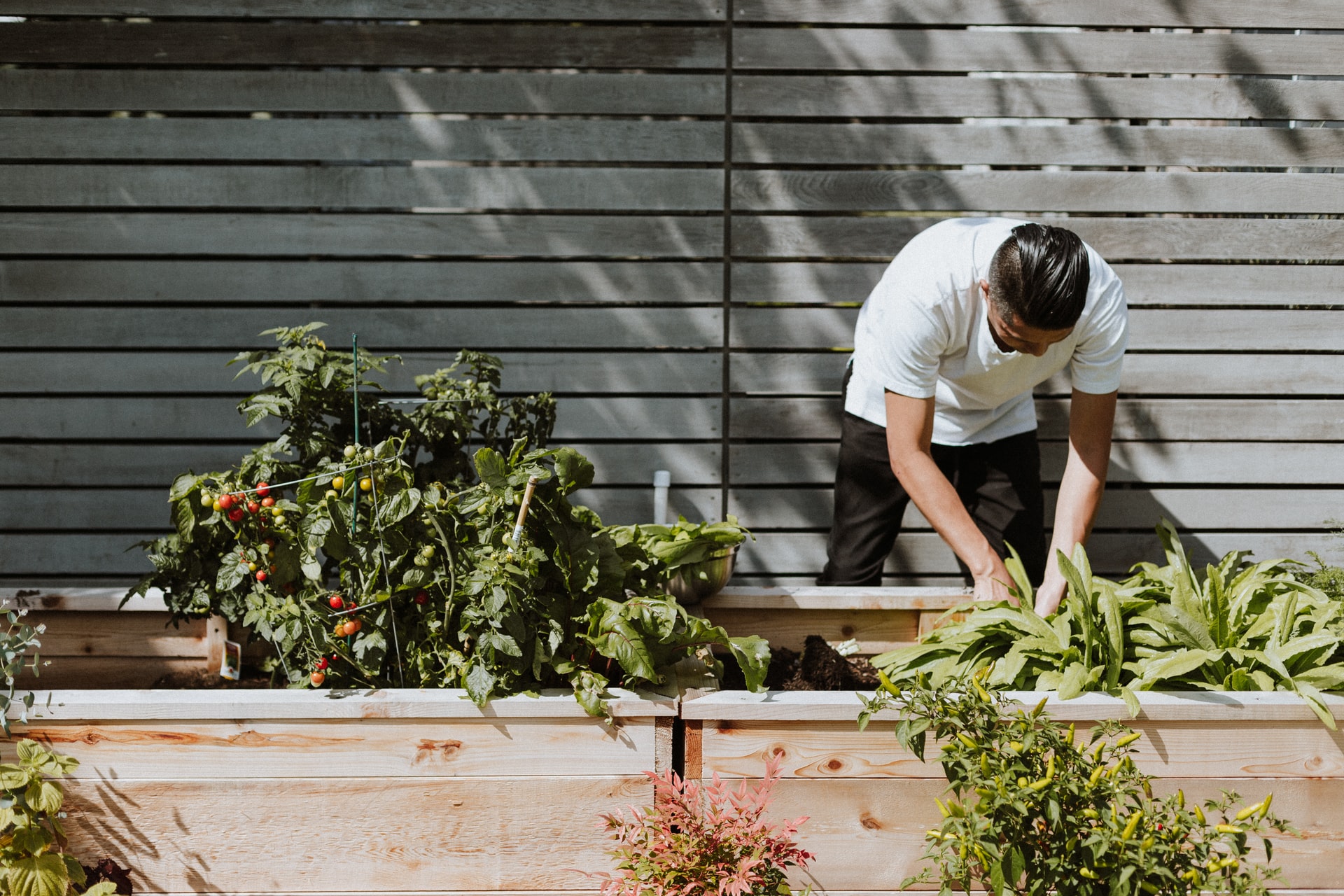
Leaves, grass clippings, pruning and weeding waste, vegetable tops… Don’t throw away this precious biomass. Instead, return it to your soil by using it as mulch or ramial wood fragments or by transforming it into compost. You will see all the benefits, even on degraded soil, that will quickly regain fertility. The abundance of earthworms will testify to this.
Be careful; the degradation of dry matter in a mulch consumes a lot of nitrogen that must sometimes be compensated for by adding a crushed horn or castor oil cake (from 5 to 6$ in garden centres). Don’t forget that mineral salts and organic matter are quickly washed away on bare soil beaten by the rain.
In your flowerbeds, use perennial ground cover plants. And in your vegetable garden, think of sowing green manure plants, which will form a good cover while improving soil fertility and fixing nitrogen, as with Fabaceae (clover, vetch). Cut them short before harvesting and let them decompose on the ground. Bonus: the soil becomes more structured, stays loose, and weeds are less numerous.
Looking for help?
Are you looking for garden supplies and tools? Do you live in Melbourne? Then look no further than Lakeside Pakenham & Narre Warren Garden and Building Supplies. With over 4 decades of experience in the building and supply industry, they have been making over and embellishing gardens all over Melbourne.
Contact them now for all your gardening needs; they can give you the backyard and garden of your dreams. So, what are you waiting for? Make your dreams become a reality. You can have the garden that you always dreamt of with the help of Lakeside Pakenham & Narre Warren Garden and Building Supplies’ team of professionals.
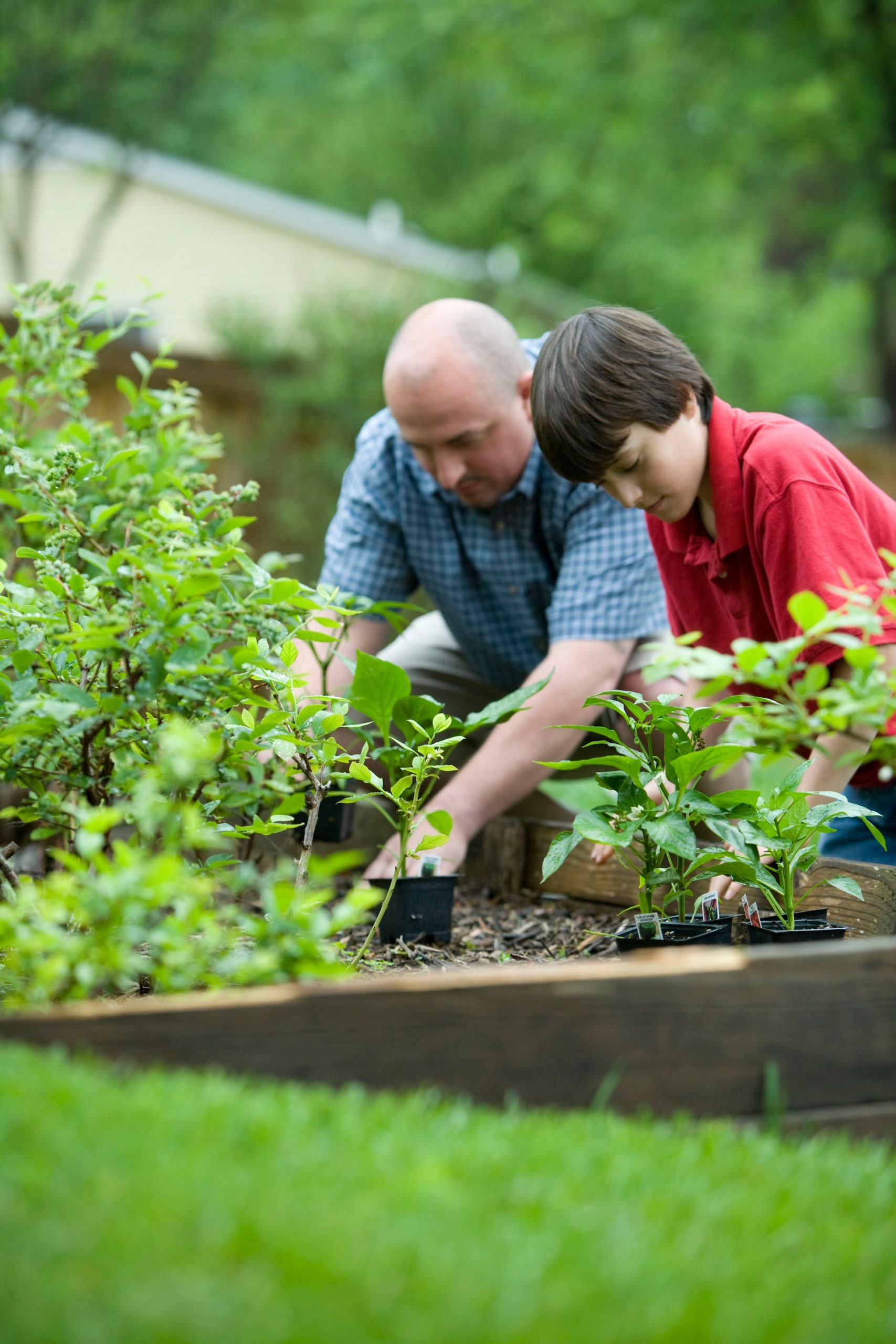

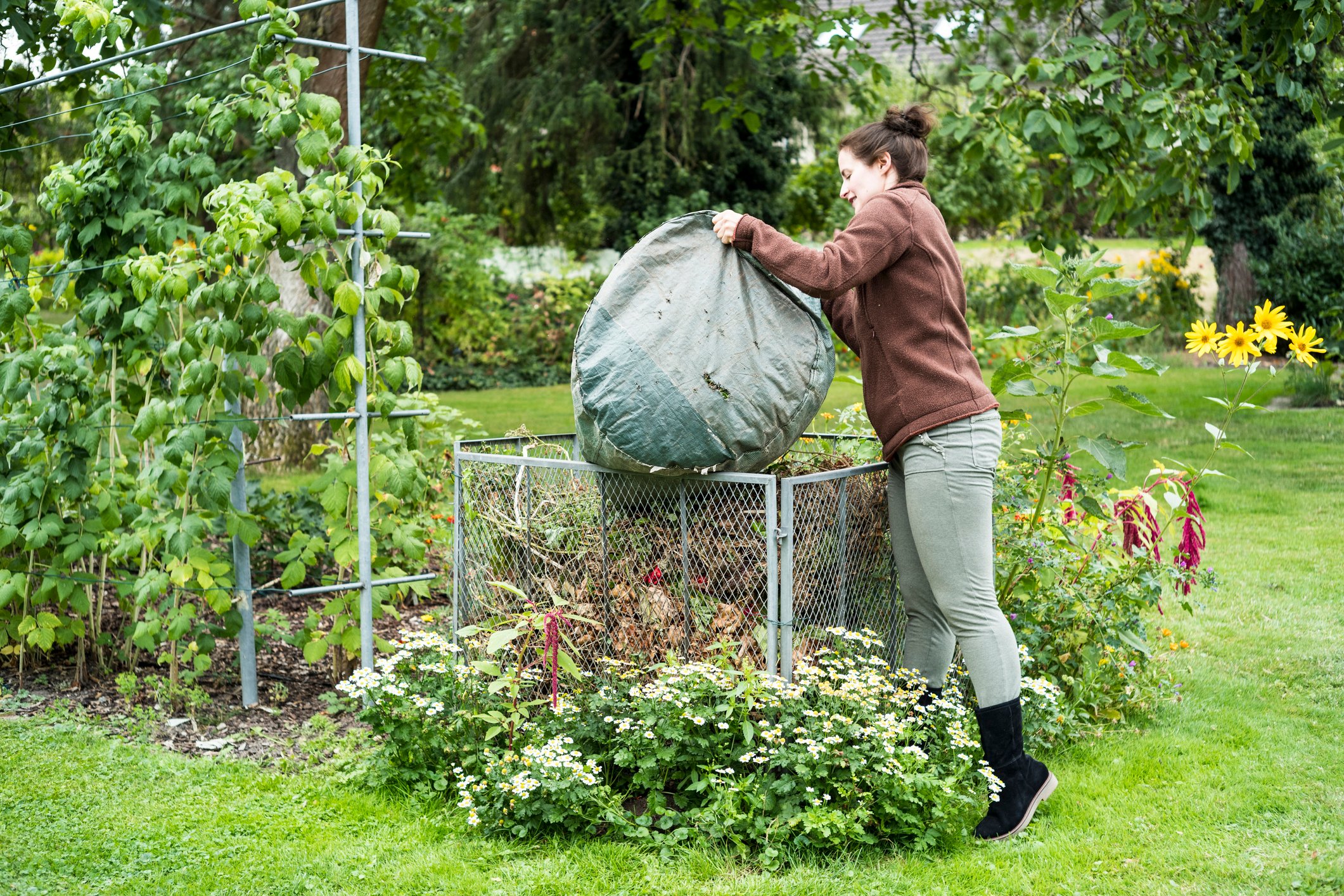
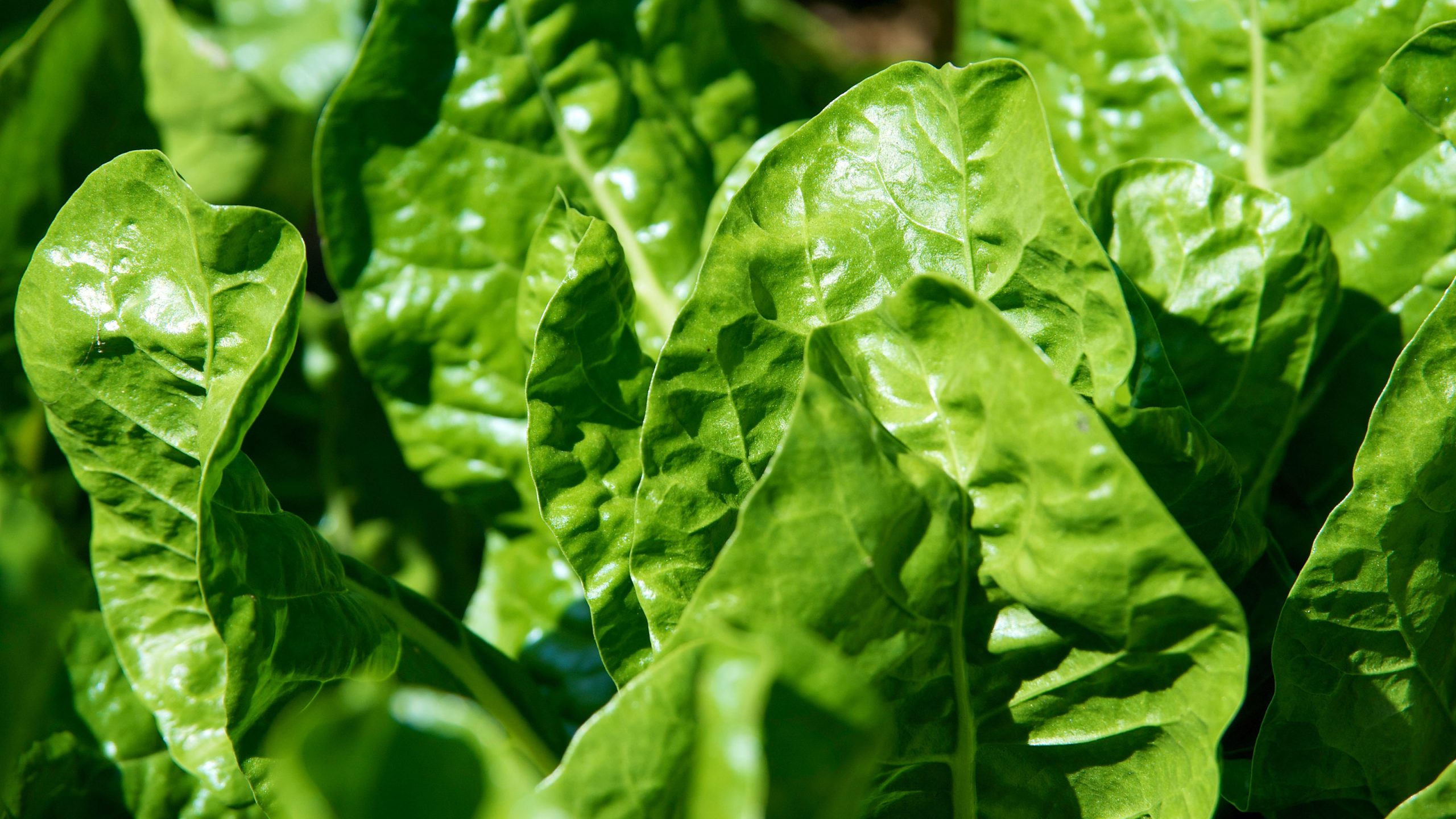
1 thought on “Top 5 Pro Tips To Take Care Of Your Garden”